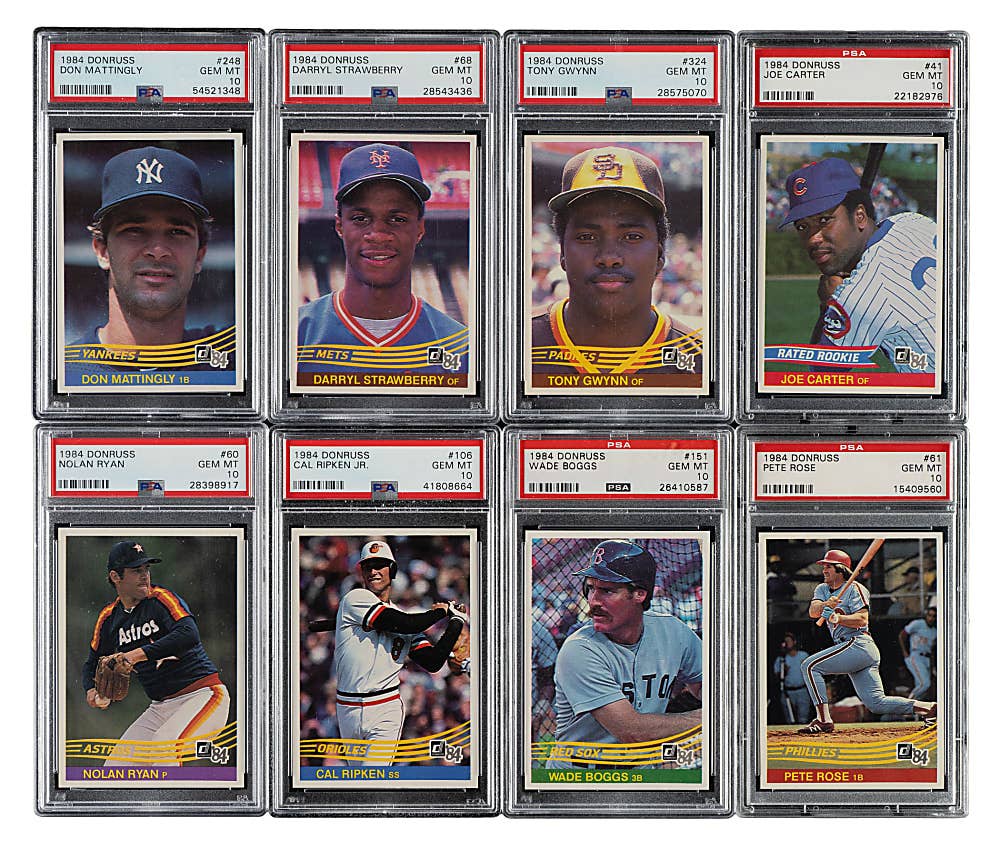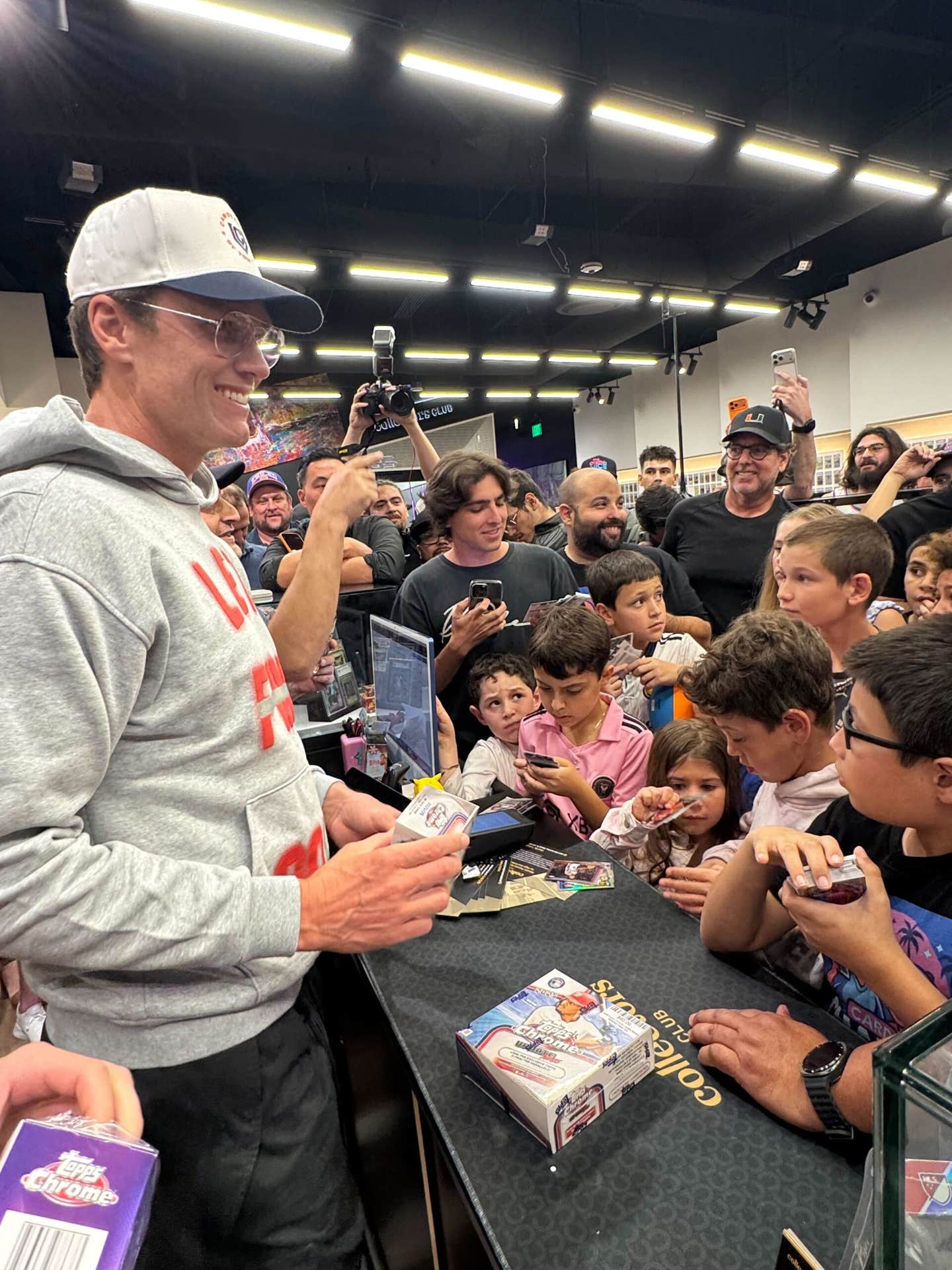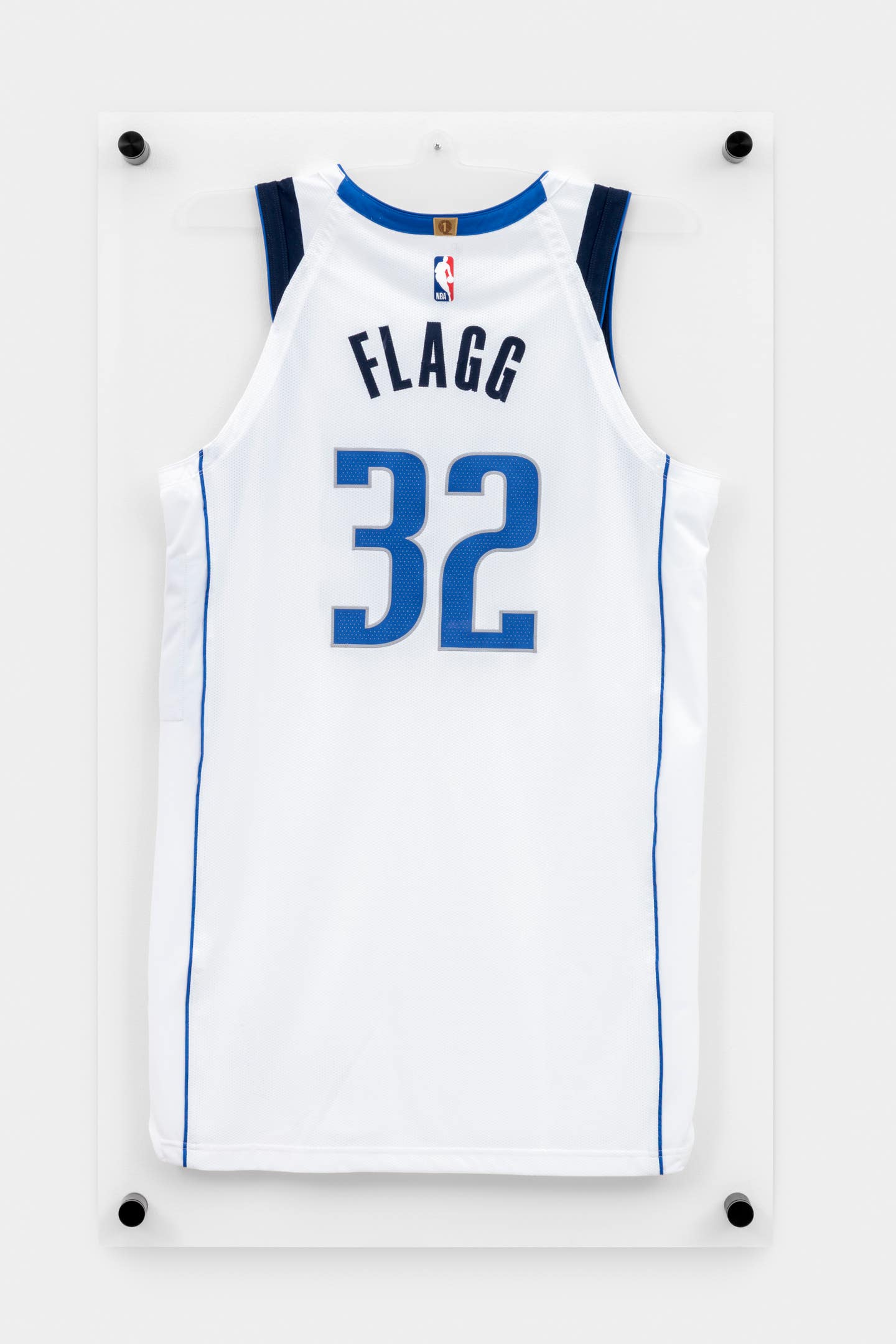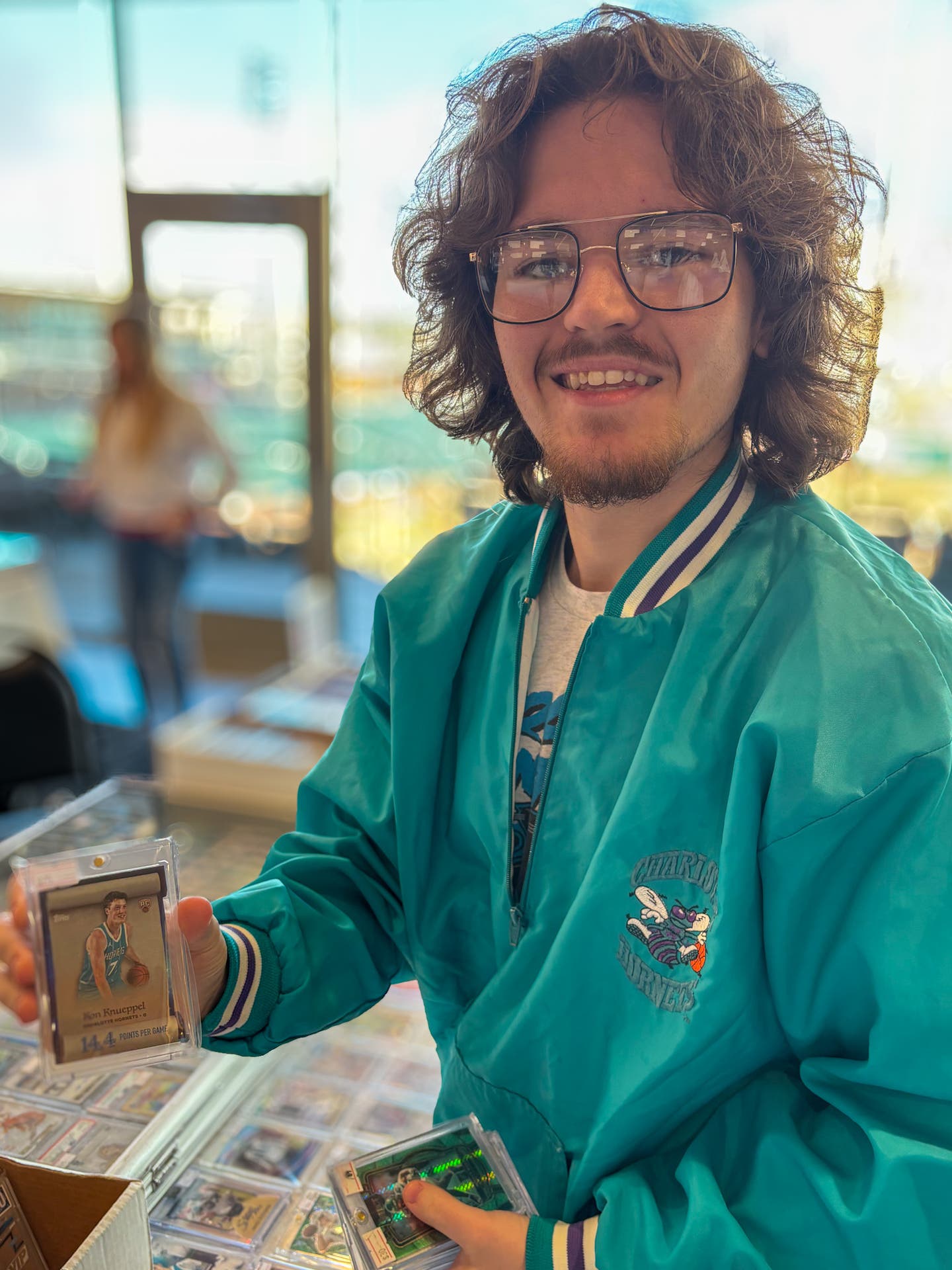News
Ali Still at the ‘Center’ of it All
By Ross Forman
Elizabeth Rauch was sitting at her desk one day this past April when she received a call from the front-lobby staff at the Muhammad Ali Center. Rauch, the communications and marketing associate for the Center, was asked to come meet a die-hard Ali fan who was visiting.
The fan was from England and had flown here just to see the Center. He was in town for one day only, actually just a matter of hours. When he got back in a cab after touring the multi-level museum, he was heading back overseas.
“Every year on his birthday, this fan takes himself on a one-day trip to visit the hometown of one of his idols. He was here because Muhammad Ali was one of his idols,” Rauch said.
Fans come to the Muhammad Ali Center from, literally, around the world. They are old; they are young. They are black, white, Asian, Latino and everything in between. They come for the boxing history, the boxing memorabilia on display, the education, the memories, the lore and more. They come for the man, Muhammad Ali.
They always leave educated, often in tears, truly amazed at the iconic figure who punched his way into our lives, smiling and charming us for decades.
The Center
The Muhammad Ali Center was incorporated in 1997 and officially opened in 2005 as a 501(c) 3 corporation. Muhammad and his wife, Lonnie, founded the Center based on six principles – confidence, conviction, dedication, giving, respect and spirituality – in ways that inspire personal and global greatness. The Ali Center delivers programming and events around the focus areas of education, gender equality and global citizenship.
The Center’s mission is simple: To preserve and share the legacy and ideals of Ali; to promote respect, hope and understanding; and to inspire adults and children everywhere to be as great as they can be.
“The Ali Center is much more than just a museum experience,” said Jeanie B. Kahnke, the Center’s senior director of public relations and external affairs. “Everyone knows Muhammad Ali the boxer and Muhammad Ali the athlete. But what people don’t realize is, he has this entirely different facet of his life. People come in here and learn about Muhammad Ali, the humanitarian.”
After all, in the early 1980s, Ali said, “My life has now begun.”
“What he meant was, ‘My life has now begun as a humanitarian,’ and he was going to travel the world over, fighting injustice, helping people, feeding kids. I think that’s one thing people come away knowing from the museum,” Kahnke said.
Ali was, arguably, the greatest heavyweight boxer of all time, the first and only three-time World Heavyweight Champion, with classic matches against Sonny Liston, Joe Frazier and George Foreman, among others.
Ali was also controversial, even polarizing, out of the ring. He stood strong for religious freedom, racial justice and the triumph of principle over expedience.
Born Cassius Clay, he won the World Heavyweight Championship in 1964 from Sonny Liston in a stunning upset; he was 22 at the time.
Shortly after that bout, then-Clay joined the Nation of Islam and changed his name.
In 1967, three years after winning the title, Ali refused to be conscripted into the U.S. military, citing his religious beliefs and opposition to the Vietnam War. He was eventually arrested and found guilty on draft evasion charges and stripped of his boxing title.
He did not fight again for nearly four years.
“Muhammad is one of the most courageous individuals I’ve ever met,” Kahnke said. “He touches the lives of people of all ages, from all around the world. I see him as such a special man. There won’t be anyone else in my lifetime like him, perhaps ever.
“He’s very strong, particularly in his beliefs. But, at the same time, he’s like a teddy bear.”
Ali regularly visits the Center, usually unannounced, even to senior-level staff such as Kahnke. He often walks through the Center, posing for pictures with shocked visitors, and he often stops to watch clips of his fights, which are shown throughout the facility. He was at the Center the day before I visited.
“He comes in a back entrance, but it’s like people (visiting the Center) can smell him; it’s like they just know he’s there and word spreads quickly,” Kahnke said. “He loves coming in here, and the people who get to see him are blown away, speechless, spellbound.”
Rauch said she struggles finding the perfect words to describe Ali. “He just makes you feel like you have known him your entire life,” she said. “His eyes light up when he meets his fans. He wants to shake your hand. It’s almost as if he’s as happy to meet you as you are to meet him. He’s very humble, very warm.
“There are so many who are just stunned by how human he is, and that’s what I always take away from interacting with him.”
The Ali Center features three levels of award-winning exhibits and galleries, offering a deep look at Ali’s life and an opportunity to reflect on one’s own values, inner strength, character and what makes you the greatest person you can be.
Ali was The Greatest, and he wants to bring out greatness in all.
The Ali Center tells of Ali’s Louisville roots, his six core principles, this illustrious in-ring career, his societal and religious convictions and his global humanitarianism.
To date, visitors to the Ali Center have come from more than 100 countries and all 50 states. The Center attracts about 80,000 visitors annually, including about 10,000 students and youth groups per school year.
The July day that I visited, the Australian Broadcast Company also was at the Center for a feature story.
“It’s a very different experience to see this place through the eyes of a 7 year-old, and through the eyes of a 70 year-old,” Rauch said. “But both a 7 year-old and a 70 year-old can get things from a visit.”
The Ali Center also has an auditorium and classrooms, plus the Howard L. Bingham Gallery, a LeRoy Neiman Gallery, library and archives, meeting and event space, retail store and public plaza.
In addition, there is an interactive element to the Center, showcased with a Train With Ali exhibit, a re-creation of Ali’s Deer Lake Training Camp. Visitors also can shadow box with Ali, test their skills on the speed bag and feel the power of an Ali punch on the heavy bag. Ali’s daughter, Laila, also a boxer, is involved in the interactive area, too.
The Ali Center features an art section, with some of his poems and random sketches – and anyone who ever saw Ali years ago at card show signings knows he often sketched right at the table, even on the table where he signed.
The Ali Center offers a chronological timeline of Ali’s in-ring life, filled with priceless pieces of memorabilia – gloves, trunks, magazines, photos and more.
The retail store at The Ali Center features T-shirts, crafts, jewelry, posters, clocks, videos and DVDs, books and more.
Two of the most popular relics at The Ali Center are the Olympic Torch used by Ali at the 1996 Summer Olympics in Atlanta, and a full-length robe given to him by Elvis Presley.
“There are a lot of gems in the professional boxing area part of the museum,” Kahnke said.
On the back of the robe, it states: “People’s Choice.”
“The story I’ve heard on this robe is, Elvis requested someone on his staff get a robe made for Ali that said ‘People’s Champ’ on the back. But there was a little bit of a miscommunication, which is why is says ‘People’s Choice.’ It’s fantastic nonetheless,” Rauch said. “I think Muhammad and Elvis appreciated each other’s personality. At the core of it, each was a talented performer.”
And legendary worldwide.
Ross Forman is a freelance contributor to SCD. He can be reached at Rossco814@aol.com.








